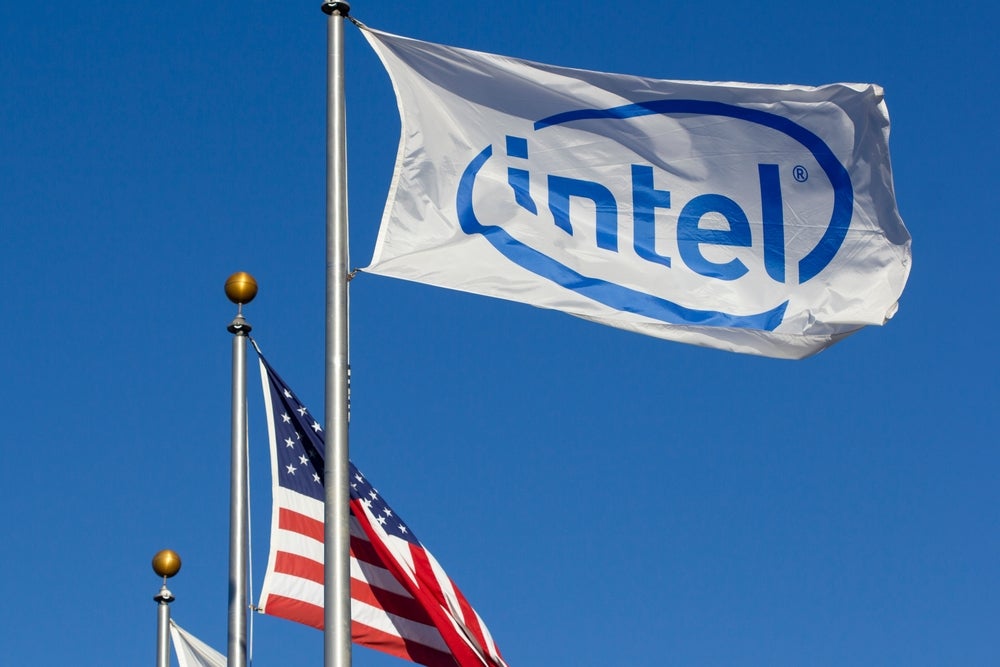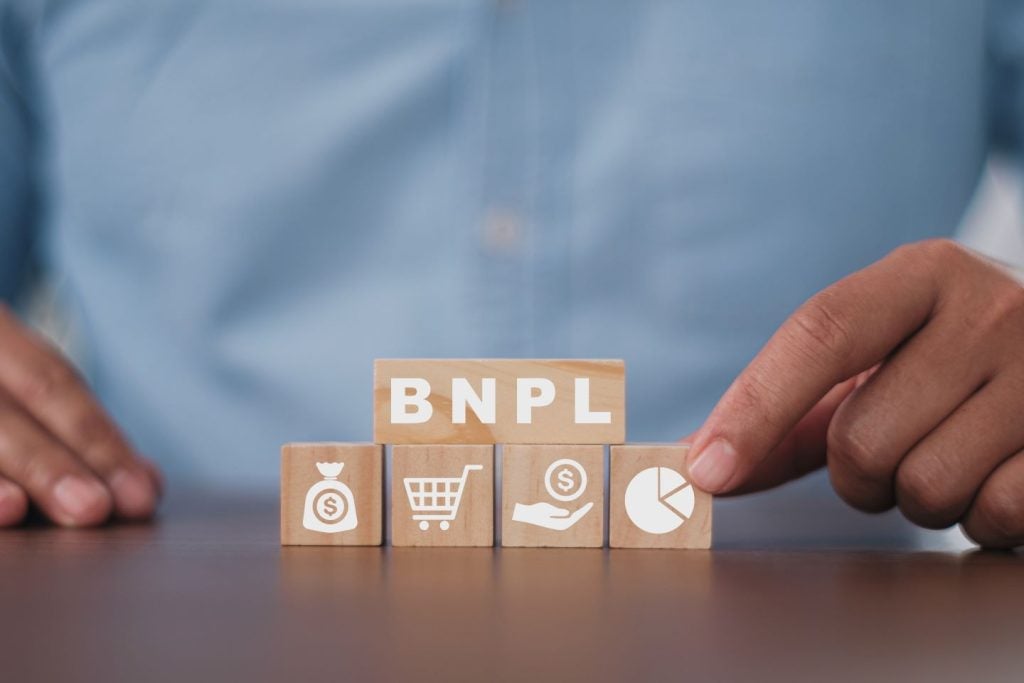
Brexit has made cross-border digital payments more complicated for UK businesses and almost two-fifths plan to stop them all together, according to new research from payment technology company Bottomline.
The research comes after the UK government has repeatedly claimed that Brexit would boost international trade, but on Great Britain’s terms.
Having polled 800 financial decision makers across the UK, the Bottomline researchers found that 39% of British businesses plan to stop or to not even start processing international payments. Of those, 47% did so because it has become too complicated and 40% because they find it difficult to pay international suppliers on time.
“We have seen a small number of banks in Europe introduce additional charges that weren’t there before for payments that are going into Europe from UK account holders whether that be personal customers or businesses,” Gavin Maclean, managing director of payments product at Lloyd’s Banking Group, said at a seminar held on Wednesday ahead of the official publication of the survey.
He noted that, while this has been happening on a small scale, it could seriously affect businesses. Maclean added that the overall quantity of international payments processed by the bank had grown in the past six months, but not to the EU.
“We are doing more cross border payments now than we were before the pandemic, but what we’re seeing are fewer payments to Europe and more payments to other parts of the world,” Maclean said.
How well do you really know your competitors?
Access the most comprehensive Company Profiles on the market, powered by GlobalData. Save hours of research. Gain competitive edge.

Thank you!
Your download email will arrive shortly
Not ready to buy yet? Download a free sample
We are confident about the unique quality of our Company Profiles. However, we want you to make the most beneficial decision for your business, so we offer a free sample that you can download by submitting the below form
By GlobalDataThe Bottomline report on UK digital payments also noted that more companies have started to accept more payment methods in the last year. For instance, 32% started to accept credit and debit card payments, 30% introduced mobile payments into the mix and 29% started using alternative methods such as the ones provided by PayPal.
Given the escalating growth of buy-now-pay-later (BNPL) startups like Klarna and Zilch, it’s hardly surprising 15% of UK businesses now accept instalment payments. The worldwide BNPL sector is expected to be worth $166bn by 2023, according to GlobalData Thematic Research.
Even more tellingly, 23% of enterprises had stopped accepting cash payments altogether, suggesting that Covid-19 pushed the UK closer towards becoming truly cashless, with all the risks that may entail.







